Pentagon chief: Use of US arms for long-range strikes in Russia no game changer
Pentagon chief Lloyd Austin says Ukraine’s use of weapons and munitions donated to Kiev by the United States for long-range strikes inside Russian territory is not a game changer.
The use of donated US weapons for long-range strikes into Russia would not turn the tide of the war for Ukraine, Austin said on Friday, indicating Washington’s reluctance to give in to Kiev’s wishes for arms restrictions to be lifted.
Speaking to reporters at a press conference after the 24th Ukraine Defense Contact Group meeting in Germany, Austin said Washington would provide Ukraine with an additional military aid package worth $250 million.
“I’m pleased to say that President [Joe] Biden will announce today an additional $250 million security assistance package for Ukraine,” Austin said, adding, “It will surge in more capabilities to meet Ukraine’s evolving requirements.”
He did not, however, announce what the exact contents of the new package would be to meet the new developments in the frontline.
For the first time in months, Ukraine’s President Volodymyr Zelensky attended the meeting in person to lobby once more for added military deliveries, namely air defense systems and long-range weapons to strike targets inside Russia as Russian troops continued advances in the east.
Zelensky has repeatedly announced that while he is grateful to the West for their military support, the volume of the aid and the speed of delivery is unacceptable.
Meanwhile, France said it will use a share of 1.4 billion euros ($1.5 billion) in revenues from frozen Russian assets to finance the purchase of military equipment for Ukraine.
“Alongside other (EU) member states, the ministry… will take part in implementing the new support measure for Ukraine from the European Peace Facility,” the French defense ministry said in a statement on Friday.
The European Commission in Brussels had given the go-ahead for “swift procurement of priority material from French industry”, including ammunition, artillery and air defenses, the ministry added.
The 27-nation European Union has frozen around €200 billion in Russian assets since Moscow launched its special military operation in Donbas in 2022.
Around 90 percent of the Russian assets are held in Belgium, where the international clearinghouse and securities depository Euroclear is headquartered.
EU member states agreed in May to use the interest generated by seized assets belonging to the Russian central bank to support Kiev.
Hezbollah chief: New US-Israeli war on Iran will set entire region ablaze
UAE says will not allow its airspace, territory to be used for attacks on Iran
VIDEO | Press TV's news headlines
‘Regime-change’ lobbyist cited as Time source on Iran’s riot death toll
US bishops urge ‘respect for life’ as anger swells over ICE killings in Minneapolis
US systematically paralyzing international institutions, Iran tells APA session
Iranian Embassy condemns Israeli airstrikes in southern Lebanon
10 foreign spy agencies involved in plot to destabilize Iran: IRGC intelligence


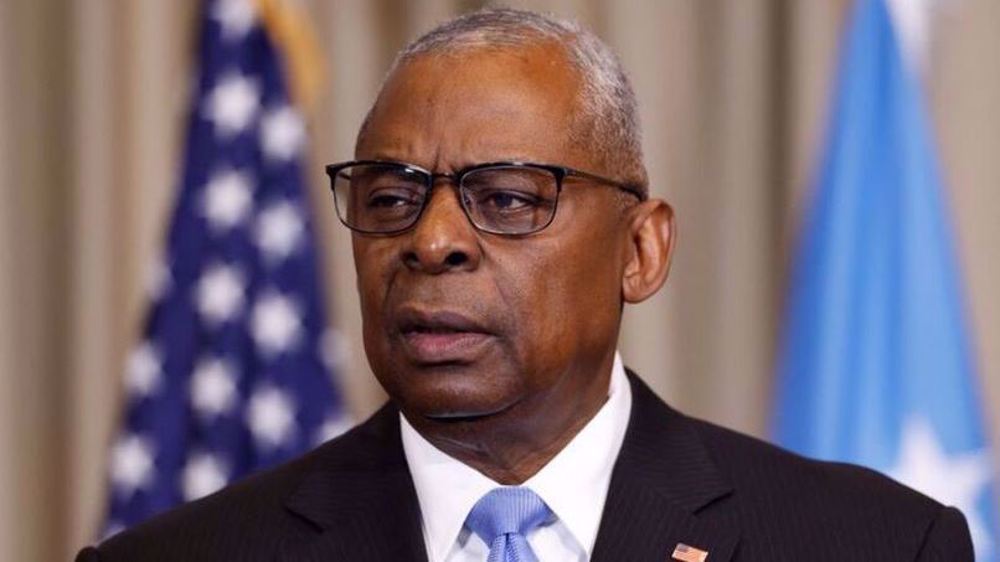
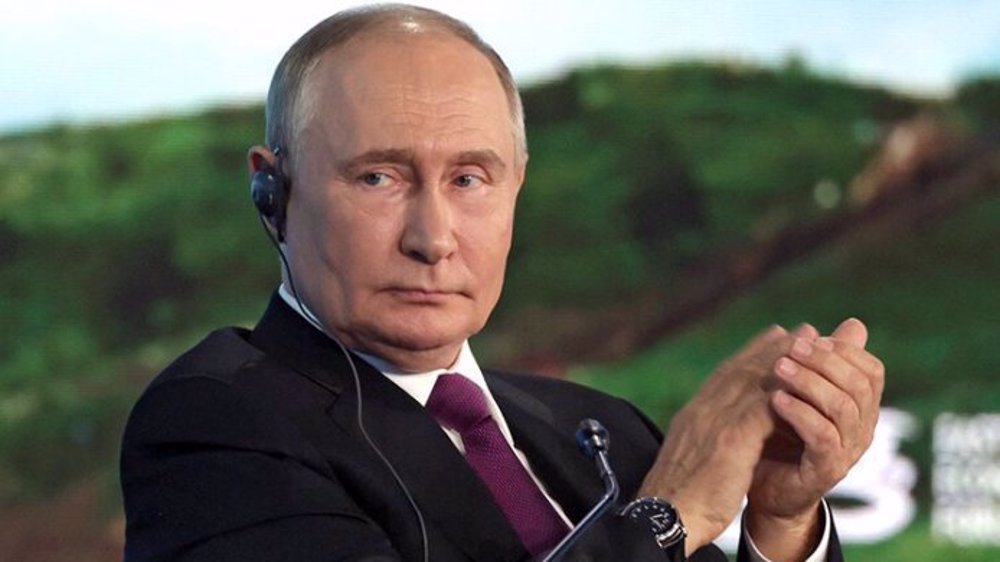
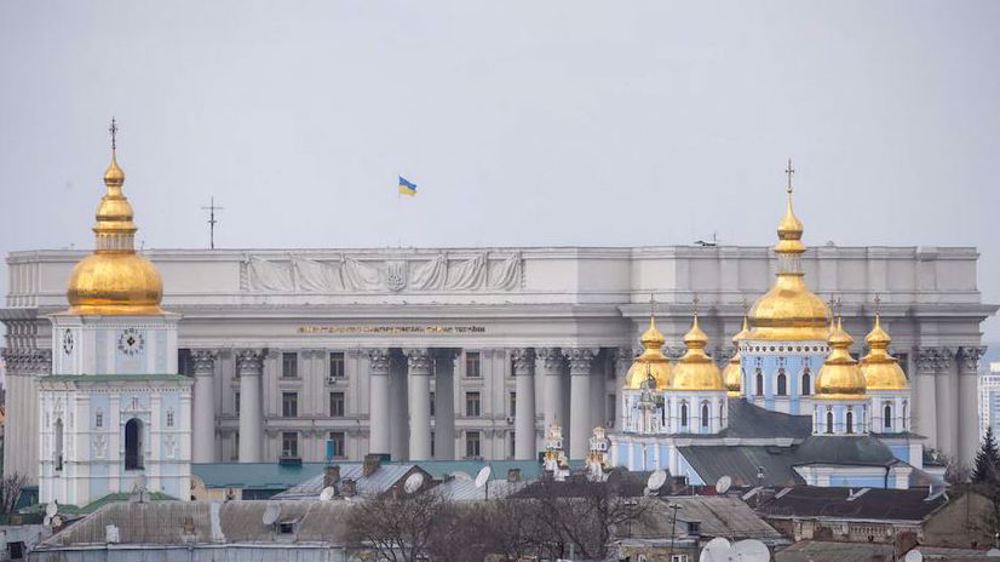
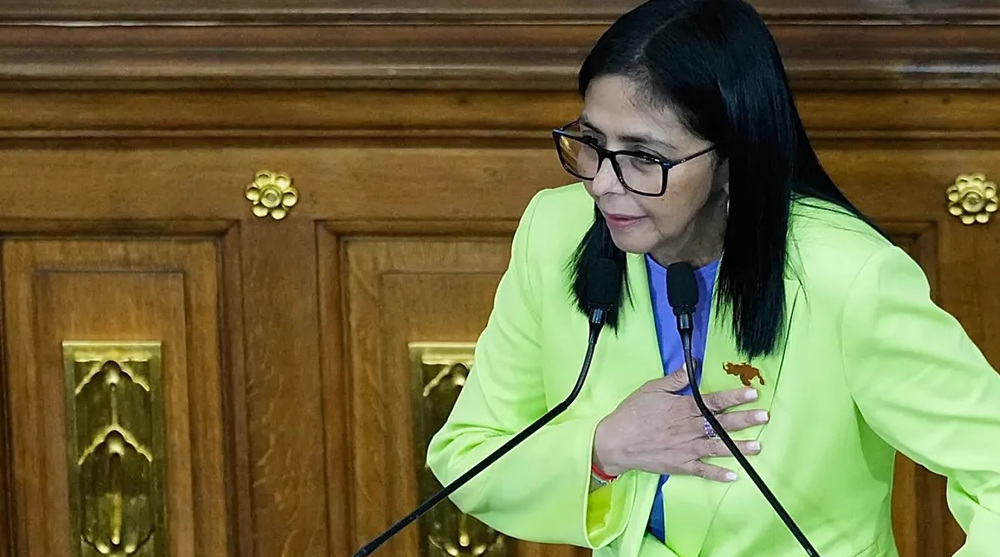
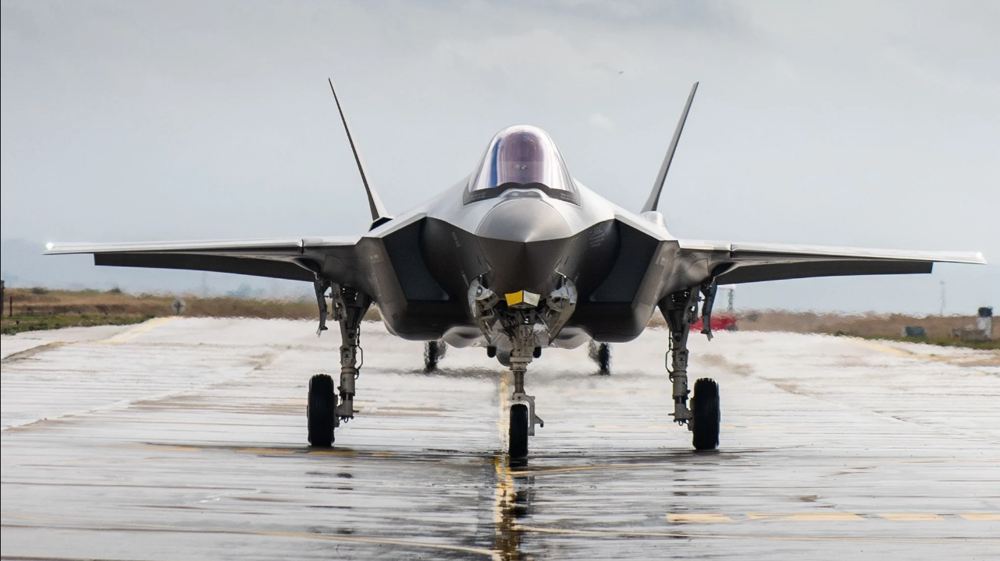
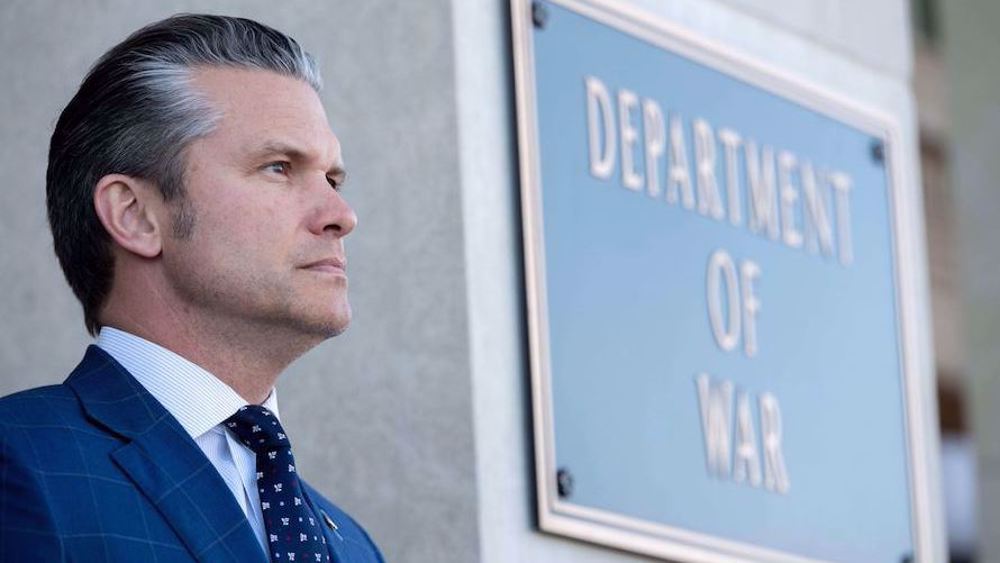



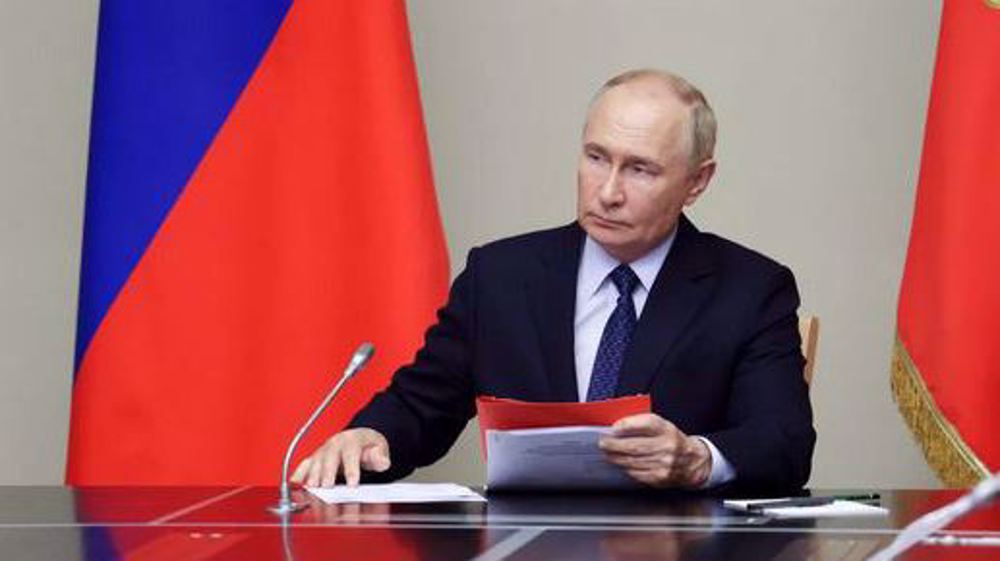
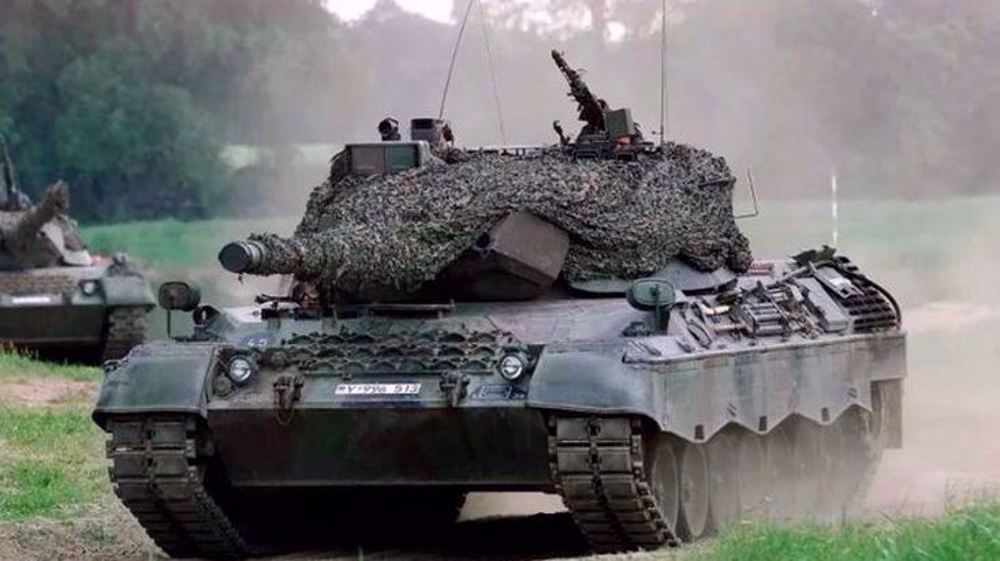
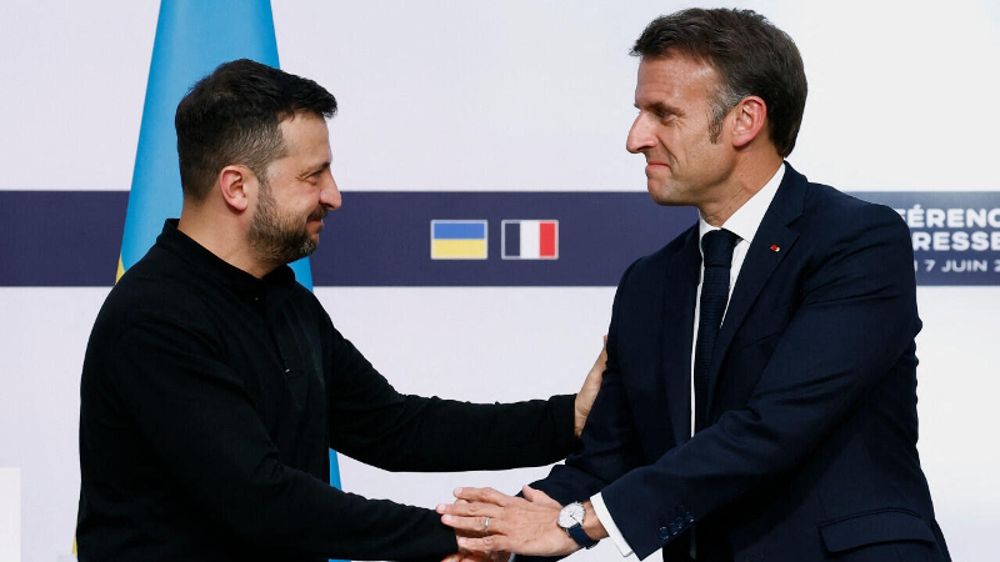

 This makes it easy to access the Press TV website
This makes it easy to access the Press TV website